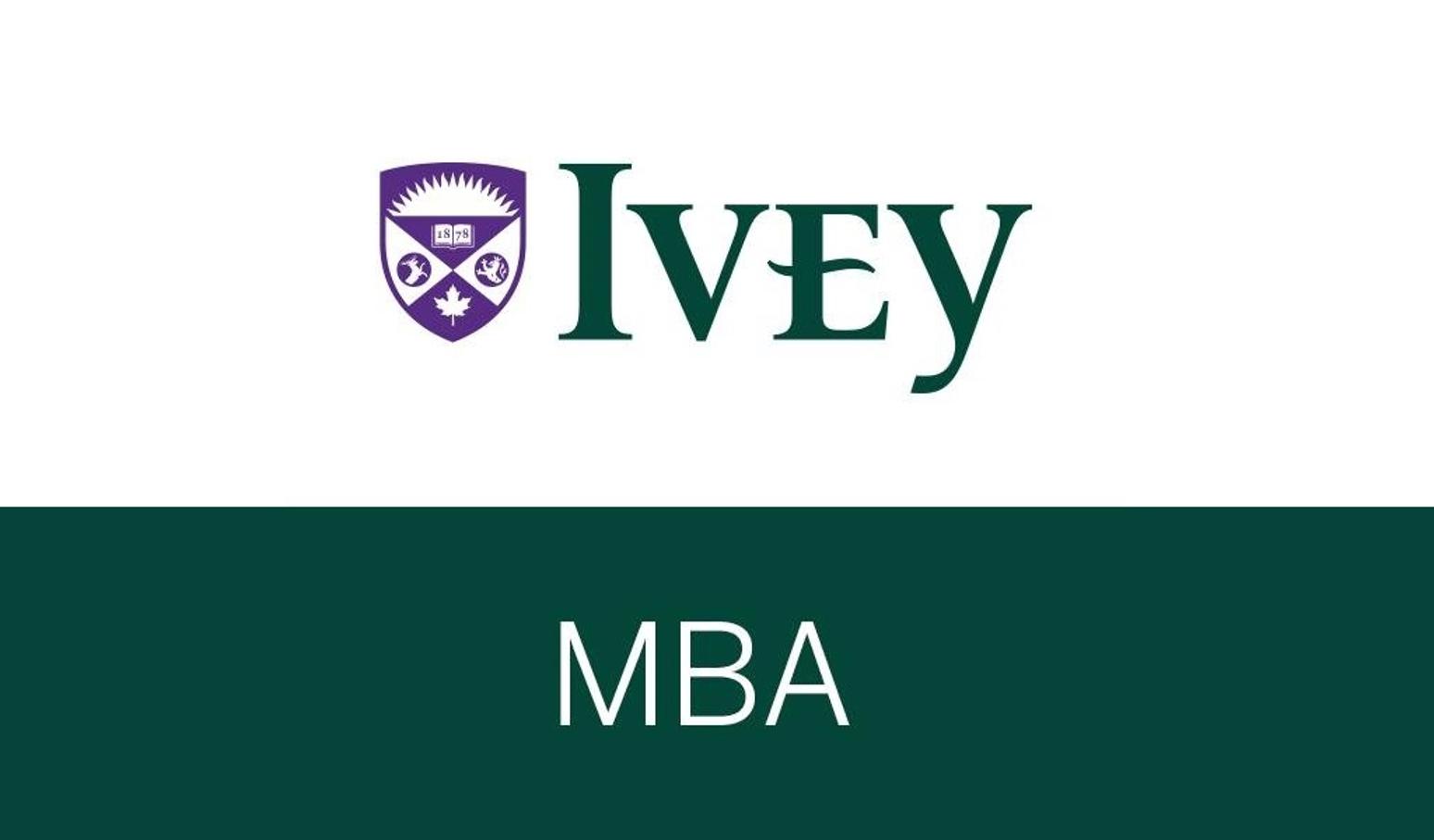The final project for the MBA Risk and Governance class is a managerial summary of a book related to risk or governance. In completing her summary of Andrew Procassini’s “Competitors in Alliance,” Denise Brunsdon interviewed Paul Boothe from the Ivey Lawrence Centre and Mathew Wilson from Canadian Manufacturers and Exporters (CME). They generously shared their valuable expertise vis-à-vis Canadian industry association history and modern-day norms. Here are the interview highlights excerpted from the summary.
The Canadian Perspective
The book, though well researched and detailed, is significantly US-centric. As such, this section of the managerial summary incorporates the views of two industry association experts. They discuss the unique Canadian realities surrounding the core themes of the book.
1. Partisan Activity
Procassini outlines the close relationship associations foster with politicians, using the connection between the computer systems industry and the Clinton presidency. This approach is one largely absent in Canadian politics and public policy.
As CME Vice President Policy Mathew Wilson states equivocally, associations in Canada avoid making partisan affiliations.
Our role is to bring our members to the political class and the bureaucrats, so they can get the same understanding we do. We’re the experts. All we’re really trying to do is pass on the expertise of our members and make sure that the issues of our sector are well understood at the bureaucratic level. The end goal is how do we drive investment, how do we create jobs in Canada? It’s an economic agenda. That’s why we’re not political. It doesn’t matter who’s in office. It could be the NDP or the Conservatives, we’re there to drive an economic agenda of creating jobs. And if we’re not doing that our members aren’t prospering and the country’s not prospering. We don’t have an ulterior motive than to make Canada a more prosperous place.
Degree of partisan affiliation is a major difference between the US and Canada. Anyone working with, in or near industry associations must understand this divergence completely.
To add further Canadian nuance to the discussion of the right degree of closeness between governments and associations, Lawrence National Centre for Policy and Management Director Paul Boothe outlines that just because associations aren’t involved in partisan politics, doesn’t mean they aren’t involved in the politics governing. He adds further nuance by explaining that the degree of closeness differs by industry.
There are still some big, powerful industry associations that are there to advance the interest of their members, and they use whatever sort of strategies they can, and they’re very active politically, as well as engaging the public service. Some industry associations are really active participants in processes, for examples regulatory processes, government consultations, that sort of thing. They are in some ways, kind of essential partners to government. It depends on the industry, and it depends on the people.
In addition to historical norms, one additional reason for the difference between the US and Canada is the difference in scope of the “industry” of industry associations and the political system generally. Industry associations in the US operate with – on average – larger budgets than Canadian associations. There is also more room for association influence and interest groups generally because they have a much weaker party system. This is a well-known fact on which Wilson elucidates in regards to why there’s more partisan fundraising by associations in the US.
I think the US and Canada are very different so because it’s a multi-billion dollar industry in the US. It’s big, big business in the US. In Canada, it’s very different, much smaller. There are a lot fewer associations and businesses in Canada as well. We have different roles, partly because of party politics in the US. These groups that exist or have existed over time significantly influence public policy. They do it in very different ways. It’s really transparent compared to what goes on in the U.S. We just don’t do it here. It’s not what’s expected. It’s a very different political culture.
These types of earnest insights are highly valuable from a management perspective, especially for managers new to the Canadian association and public policy system. Ultimately, Canadian associations may not be as involved pre-election, partially because of our strong Party whip. Associations are, however, heavily involved in lobbying post-election. It’s also worth noting that, on average, Canadian associations operate with fewer funds, which restricts scope.
2. Research and Thought Leadership
Another major issue for Canadian industry is playing a role in thought leadership and industry research. This is complex for two reasons. First, the research that they produce is often seen as biased. And second, the prominence of third-party, non-industry think tanks that are competing against industry associations to guide and direct public policy. Luckily, Boothe and Wilson feel that these two components work well together, and in the interests of industry associations. When asked about how industry associations can increase the credibility of their research, Boothe’s answer is simple:
I wouldn’t ask someone to trust academic research and reports without peer review…or government reports without peer review. There’s a lot of what I would not call research, what I would call ‘advocacy’ that sometimes what people refer to as research.
Wilson does not feel a competition between industry associations and think tanks. He feels the two operate in unique spheres of jurisdiction, while at times having a natural symbiosis around aims such as research. CME works with groups like the Mowat Centre, the Fraser Institute, and the C.D. Howe Institute on an ad hoc basis. Said Wilson,
We work with all these groups to varying degrees. We don’t cozy up to any of these groups or share our ideals, but sometimes we do work with them. Often what happens when working with them, they call us, they’re doing a report on something, and are looking for comments. And we’ll then we’ll turn around and use their report if it’s complimentary to what we want to say. We’ll use their report as kind of a third party validation. So we do use them, and they use us, but we’re very different types of disciplines. They’re really trying to inform the public and the media and general discourse around certain issues and it’s much more academic in picture. We don’t, we’re not academics. We’re focused much more understanding what our member needs our and explaining that in ways that the media, politicians and bureaucrats can understand along with recommendations on how to address those issues.
In terms of managerial lessons, there are many in Wilson’s statement about the relationship between industry associations and think tanks. First, the best relationship is an informal one, always in flux, so as to allow the industry association to distance itself from unhelpful think tank research but also to work with think tanks when helpful to achieving organizational goals.
Second, the basic recognition of different spheres of operation is key to ensure collaboration. Accepting the unique academic role that think tanks wish to play and industry associations do not, allows a comfortable, non-competitive working relationship.
Conclusion
The need for industry associations to build trust with government and the public through transparency and accountability is not – as Boothe would call it – a “motherhood” statement. Politics and public policy building in the country has changed drastically in the last decade, through related initiatives like open data, increased community consultation, and social media.
There’s no doubt that the push for engagement between citizens and organizations, as well as the increasing direct democracy undertones of policy-building, fit nicely into Procassini’s call to action for more industry association transparency and accountability. Were he alive today and still working in the field, his approach would be well suited to face today’s political and public opinion realities.
 About Denise:
About Denise:
Denise Brunsdon is a social media public relations specialist with experience in politics, public opinion research and the environmental sector. Born in Lethbridge, Denise has lived and worked in Vancouver, Victoria, Montreal, Ottawa and Toronto, but now resides in London. She is currently pursuing her JD/MBA at Western University. linkedin.com/in/brunsdon
